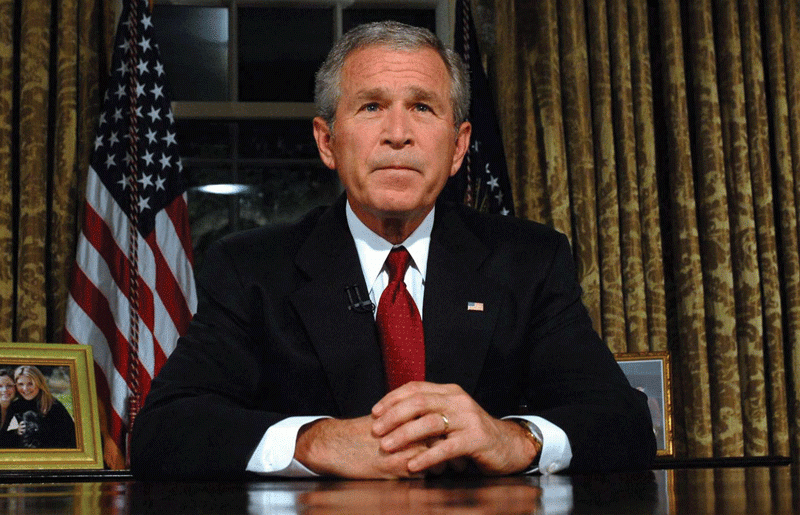
A close friend recently confided in me about her marriage.
“We live in the same house, sleep in the same bed, but we are strangers,” she said, tears streaming down her face.
“We don’t talk anymore. Not really. And I am not sure we even know how to start.”
Her story is far from unique. Across Zimbabwe and beyond, marriages are quietly crumbling not from dramatic affairs or financial ruin, but from something far more insidious: the slow death of communication.
Over my years working with couples, I have witnessed first — hand how the absence of meaningful dialogue transforms loving partnerships into cold coexistence. What starts as missed connections and unspoken frustrations snowballs into emotional distance, resentment, and ultimately, divorce. The troubling reality is that most couples don’t even recognise the warning signs until the damage runs deep. Below are some of the causes of the modern communication crisis.
When phones replace partners
Walk into any restaurant and observe couples sitting together, both scrolling through their phones in silence.
This scene has become so commonplace that we barely notice it anymore. Yet it represents one of the greatest threats to modern marriage: technology creating distance between partners who are physically together but emotionally worlds apart.
- Outrage over release of cable-thieving cops
- PR & communications: Seven reasons why internal communications is important
- SA delegation calls for Musina/Beitbridge synergies
- Cops arrested for conning ICT perm sec
Keep Reading
I recently counselled a couple where the wife complained: “He is more interested in his WhatsApp groups than in me.”
The husband was genuinely surprised. He hadn't realised that checking his phone during every conversation sent a clear message: “This device is more important than you.”
Over time, these small acts of digital disconnection create profound loneliness. Partners bring phones to bed, check notifications during dinner, and scroll through social media instead of connecting with the person beside them.
One-way communication
Many marriages deteriorate into monologues rather than dialogues. One partner dominates every conversation while the other feels perpetually unheard, their opinions dismissed or minimised. I have seen this pattern countless times: one spouse constantly interrupting, correcting, or talking over the other until they simply stop trying to contribute.
Worse still is when couples develop patterns of belittling each other. A husband rolls his eyes when his wife shares her day. A wife dismisses her husband’s career concerns as trivial. These acts of contempt — looking down on your partner's thoughts, feelings, or contributions — kill intimacy faster than almost anything else. When mutual respect evaporates, so does the foundation of marriage.
The mountain of unresolved conflicts
“Let us not fight” seems wise until you realise that avoiding difficult conversations doesn't make problems disappear; it makes them multiply. Many Zimbabwean couples, perhaps influenced by cultural norms around maintaining peace, avoid confrontation at all costs. But, unaddressed issues don't evaporate; they accumulate.
That hurtful comment from last week, the broken promise from last month, the ongoing tension about how money is spent — all these stack up like unpaid debts, with interest compounding daily. Eventually, partners find themselves drowning in accumulated grievances they never discussed, each small unresolved conflict adding weight until the marriage collapses under the burden.
Emotional withdrawal, stonewalling
I worked with a couple where the wife had tried for years to discuss her unhappiness. Each attempt was met with her husband's silence or dismissal.
Eventually, she stopped trying. She built walls around her heart and withdrew emotionally.
By the time they came to me, they were two lonely people living in the same house, going through the motions of marriage without any real connection.
This pattern — called stonewalling in relationship research — is devastatingly common. One partner reaches out repeatedly, gets shut down, and eventually stops reaching. The other wonders why their spouse seems distant, not realising they pushed them away through consistent emotional unavailability.
Manipulation instead of honesty
In some marriages, honest communication is replaced by manipulation tactics: guilt trips, the silent treatment, passive-aggressive behaviour, or emotional blackmail.
“If you loved me, you would...” or “Fine, do whatever you want” said with barely concealed anger. These destructive patterns poison trust and create toxic dynamics where neither partner feels safe being vulnerable or truthful.
The long-distance dilemma
In today's economic climate, many Zimbabwean couples find themselves living apart — one spouse working in South Africa, Botswana, or the diaspora while the other remains at home. Work commitments within the country itself separate others. Long-distance marriages face unique communication challenges that, if not addressed, can be devastating.
I have counselled numerous couples where physical distance created emotional distance. When communication becomes sporadic - a rushed phone call once a week, brief text messages about sending money — partners lose touch with each other's daily realities. The spouse abroad stops knowing what challenges their partner faces at home. The one at home feels like a mere caretaker rather than a cherished spouse.
Long-distance couples must communicate even more intentionally and thoroughly than those living together.
Without daily physical presence, communication becomes the only thread holding the marriage together. When that thread frays, the marriage unravels. Video calls, voice notes sharing daily experiences, honest conversations about feelings and fears — these are not luxuries for long-distance couples; they are necessities.
The absence of support , appreciation
Partners stop being each other's cheerleaders. I have seen marriages where significant achievements — a job promotion, completing a degree, successfully managing a household — go completely unacknowledged. Daily efforts become invisible. Struggles are minimised with "everyone has problems" instead of genuine empathy.
When spouses fail to support and appreciate each other, they feel taken for granted. The person who once made them feel valued now makes them feel invisible. This lack of appreciation slowly erodes the goodwill that every marriage needs to survive difficult seasons.
The weight of regret
Perhaps most heart breaking is when poor communication leads partners to regret their choice. They look at their spouse and think, "This isn't what I signed up for." This regret colours every interaction with disappointment, making it nearly impossible to see the good that remains or to work toward recovery.
The cascading effects
These communication failures create a vicious cycle that I have observed repeatedly in my practice. Lack of appreciation breeds resentment. Resentment fuels withdrawal. Withdrawal blocks intimacy. Without intimacy, couples become roommates coordinating logistics rather than partners sharing life. The marriage bed becomes just a place to sleep. Conversations revolve around children's school fees and household chores, never touching deeper emotional needs.
Children growing up in these homes absorb these dysfunctional patterns, learning that marriage means silent tension, that love means coexistence without connection. The damage ripples through families and generations.
Next week, I will share practical solutions in Part Two of this edition.
Dzingai is a social scientist. — [email protected]. These weekly New Horizon articles, published in the Zimbabwe Independent, are coordinated by Lovemore Kadenge, an independent consultant, managing consultant of Zawale Consultants (Pvt) Ltd, past president of the Zimbabwe Economics Society and past president of the Chartered Governance & Accountancy in Zimbabwe (CGI Zimbabwe). — [email protected] or mobile: +263 772 382 852.











